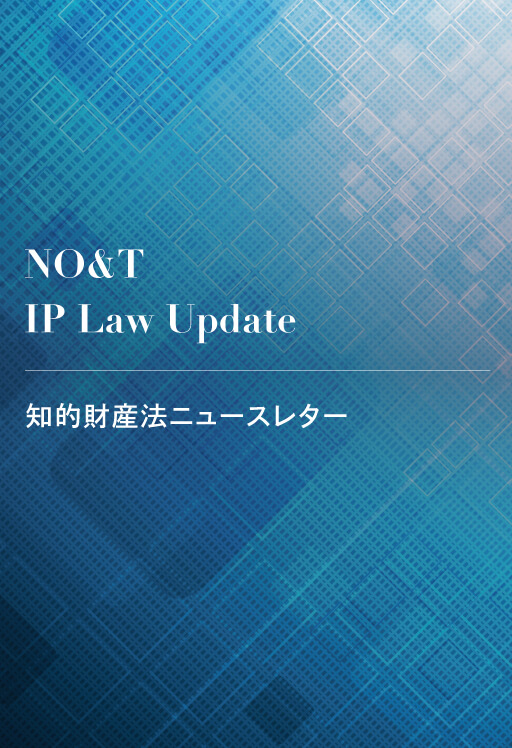
NO&T IP Law Update
On June 14, 2023, an amendment of the Unfair Competition Prevention Act of Japan (the “UCPA”) was promulgated. There are several notable changes that are effectuated by this amendment including, inter alia, a change establishing certain legal protections relating to intangible objects, especially when they are displayed or used in virtual reality spaces such as a metaverse, and the enactment of a new law addressing international disputes that concern wrongful acquisition, use and/or disclosure of trade secrets. In this newsletter, we explain the following two changes:
Please be advised that the Article 2(1)(iii) Amendment and the Newly Enacted Articles 19-2 and 19-3 will come into effect by no later than June 13, 2024. As of June 21, 2023, the specific date when such amendment and new law take effect has not been announced.
The Legislature, in enacting Article 2(1)(iii) of the UCPA, sought to prevent so-called “dead copies” (i.e., counterfeit goods, imitation, etc.) by classifying some acts with respect to “dead copies” as “unfair competition”. The current Article 2(1)(iii) of the UCPA sets forth that the act of (i) transferring, (ii) leasing, (iii) displaying for the purpose of transfer or lease, (iv) exporting, or (v) importing goods that imitate the form of another person’s goods (excluding the form which is indispensable for ensuring the function of the goods) constitutes “unfair competition.” Under the UCPA, a person whose business interests have been infringed by an act constituting unfair competition under the UCPA can seek an injunction suspending or preventing the infringing act and/or an award for compensatory damages by commencing a legal proceeding against the violator.
In recent years, technologies relating to virtual reality spaces such as a metaverse have developed, and a variety of businesses using such technologies have emerged. To keep up with these advances, the Unfair Competition Prevention Subcommittee, a subcommittee formed in the Intellectual Property Committee formed in the Industrial Structure Council formed in Japan’s Ministry of Economy, Trade and Industry (METI), considered whether the current Article 2(1)(iii) of the UCPA can be applied to the commission of acts relating to goods that imitate the form of another person’s goods in a realm where both the real world and a virtual world intersect (whether the act of transferring intangible goods in a virtual world that imitate the form of another person’s goods existing in the real world, constitutes an “unfair competition” under the current Article 2(1)(iii) of the UCPA.). Based on their discussions, the Subcommittee expressed the following views:
Under the Article 2(1)(iii) Amendment, the act of (i) transferring, (ii) leasing, (iii) displaying for the purpose of transfer or lease, (iv) exporting, (v) importing, or (vi) providing through telecommunication lines goods that imitate the form of another person’s goods (excluding the form which is indispensable for ensuring the function of the goods) will constitute “unfair competition.” (Please note that the underlined wording was added by the amendment.) The effect of this amendment is that:
As a result of this amendment, for example, an act of providing through telecommunication lines a virtual item β that imitates the form of a virtual item α in a certain metaverse world, in another metaverse world, will be considered to constitute an act of unfair competition under Article 2(1)(iii) of the UCPA. However, while the Article 2(1)(iii) Amendment establishes that the act of providing goods that imitate the form of another person’s goods through telecommunication lines constitutes “unfair competition”, there remain issues to be considered regarding this amendment. For example, it is unclear how to determine whether the form of goods in the real world is substantially identical to (i.e., imitates) that of intangible goods in a virtual world.
There has recently been an increase in the number of cases involving international wrongful acquisition, use and/or disclosure of trade secrets, such as the unauthorized acquisition of trade secrets stored in Japan (e.g., stored in a server located in Japan) by a party located outside Japan. If such a case is brought in a lawsuit filed with a Japanese court, the following issues would be considered:
Currently, as to issue (1) above, whether a Japanese court has jurisdiction over this case would be determined in accordance with Article 3-3(viii) of the Code of Civil Procedure of Japan; and as to issue (2) above, whether the UCPA applies to this case would be determined in accordance with Article 17 of the Act on General Rules for Application of Laws. However, since there are various views on the interpretation of these provisions and no established prevailing views exist in this regard, it remains uncertain whether a Japanese court would have jurisdiction to hear this case and whether the UCPA would apply.
Articles 19-2 and 19-3 of the UCPA were established (please note that these provisions have not come into effect yet) for the purpose of clarifying the international jurisdiction and the governing law on cases involving wrongful acquisition, use and/or disclosure across the border of Japan. By these new provisions, items (a) and (b) below have been clarified:
Based on these new provisions, it can be understood that Japanese courts will have jurisdiction over the following cases (x) and (y) and the UCPA will apply to the alleged acts in these cases※1:
(x) Case 1: A former employee of Company X, which operates its business in Japan, resigns from Company X and begins to work for Company Y which is located outside Japan. Thereafter, such former employee of Company X discloses trade secrets relating to Company X’s business in Japan which such employee acquired while working for Company X or after resigning from Company X, to Company Y. Company Y acquires Company X’s trade secrets from said former employee of Company X, and uses and discloses the trade secrets outside Japan without obtaining an authorization from Company X. Company X becomes aware of this matter and commences a lawsuit against Company Y in a Japanese court seeking an injunction and compensation for its damages.


(y) Case 2: Company X stores and manages its trade secrets which relate to Company X’s business operated in Japan in a server located outside Japan. Company Y, which operates a business outside Japan, acquires the Company X’s trade secrets and uses and discloses such trade secrets outside Japan without obtaining an authorization from Company X. Company X becomes aware of this matter and commences a lawsuit against Company Y in a Japanese court seeking an injunction and compensation for its damages.
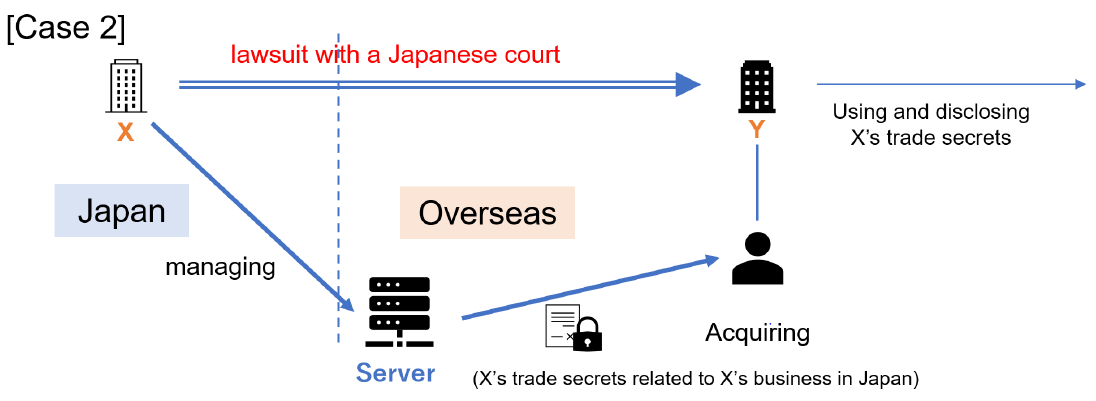

*1
These cases were discussed in the Unfair Competition Prevention Subcommittee.
This newsletter is given as general information for reference purposes only and therefore does not constitute our firm’s legal advice. Any opinion stated in this newsletter is a personal view of the author(s) and not our firm’s official view. For any specific matter or legal issue, please do not rely on this newsletter but make sure to consult a legal adviser. We would be delighted to answer your questions, if any.
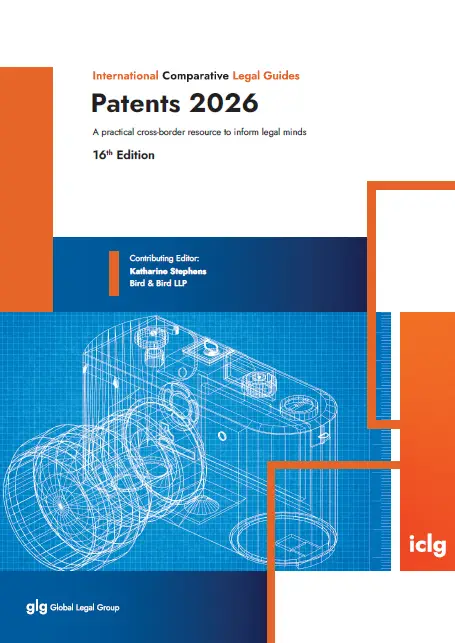

(October 2025)
Kenji Tosaki


Kenji Tosaki, Takahiro Hatori, Nozomi Kato (Co-author)


Claire Chong, Nozomi Kato (Co-author)
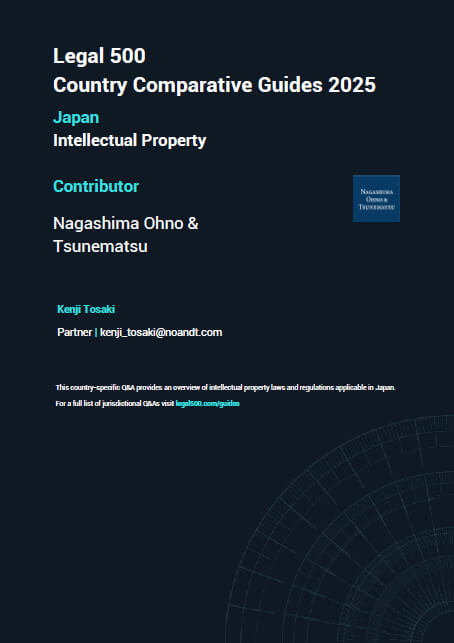

(September 2025)
Kenji Tosaki


(October 2025)
Kenji Tosaki


Kenji Tosaki, Takahiro Hatori, Nozomi Kato (Co-author)


(September 2025)
Kenji Tosaki


Kenji Tosaki, Ryo Tonomura (Co-author)


(October 2025)
Kenji Tosaki


Kenji Tosaki, Takahiro Hatori, Nozomi Kato (Co-author)


(September 2025)
Kenji Tosaki


Kenji Tosaki, Ryo Tonomura (Co-author)


(October 2025)
Kenji Tosaki


(September 2025)
Kenji Tosaki
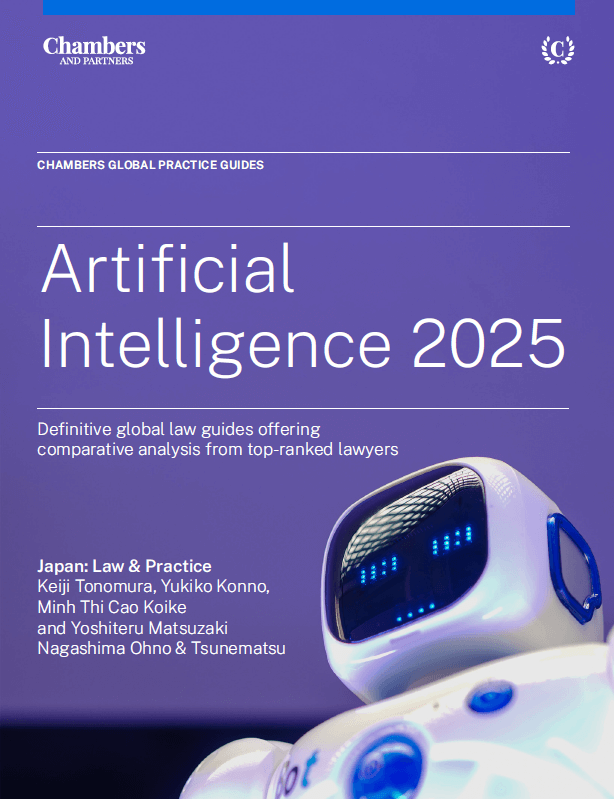

(June 2025)
Keiji Tonomura, Yukiko Konno, Minh Thi Cao Koike, Yoshiteru Matsuzaki (Co-author)
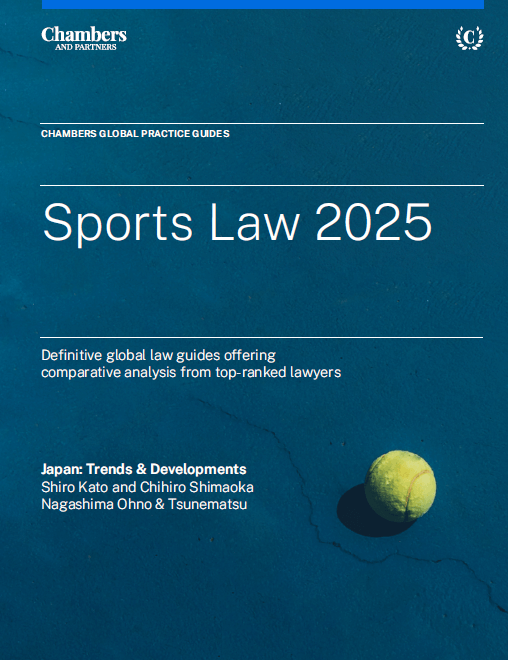

(April 2025)
Shiro Kato, Chihiro Shimaoka (Co-author)


Hoai Truong


(August 2025)
Keiji Tonomura, Yoshiteru Matsuzaki (Co-author)


(July 2025)
Ryo Okubo, Yu Takahashi, Uchu Takehara, Naoto Obara (Co-author)


(June 2025)
Keiji Tonomura, Yukiko Konno, Minh Thi Cao Koike, Yoshiteru Matsuzaki (Co-author)


(August 2025)
Keiji Tonomura, Yoshiteru Matsuzaki (Co-author)


(April 2025)
Keiji Tonomura, Akira Komatsu (Co-author)


(October 2024)
Keiji Tonomura, Minh Thi Cao Koike (Co-author)
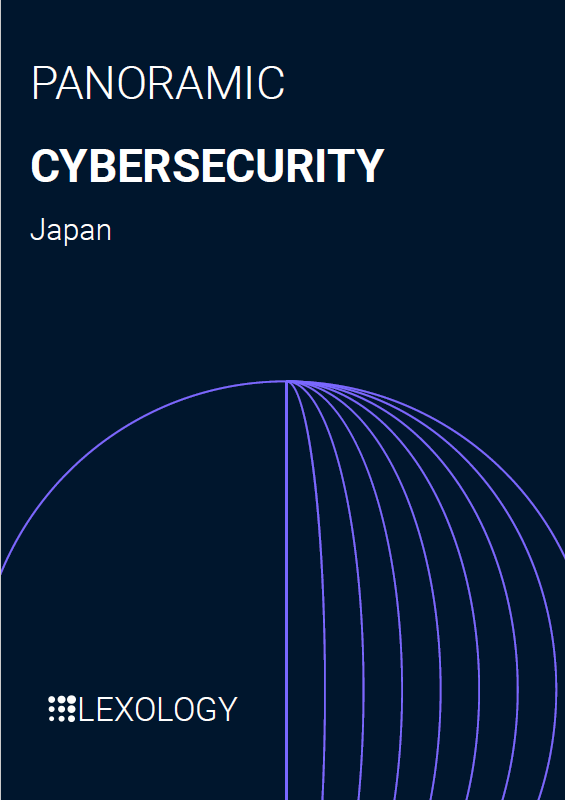

(July 2024)
Yasushi Kudo, Tsubasa Watanabe, Hayato Maruta (Co-author)


Kenji Tosaki, Takahiro Hatori, Nozomi Kato (Co-author)


Salin Kongpakpaisarn, Pundaree Tanapathong (Co-author)
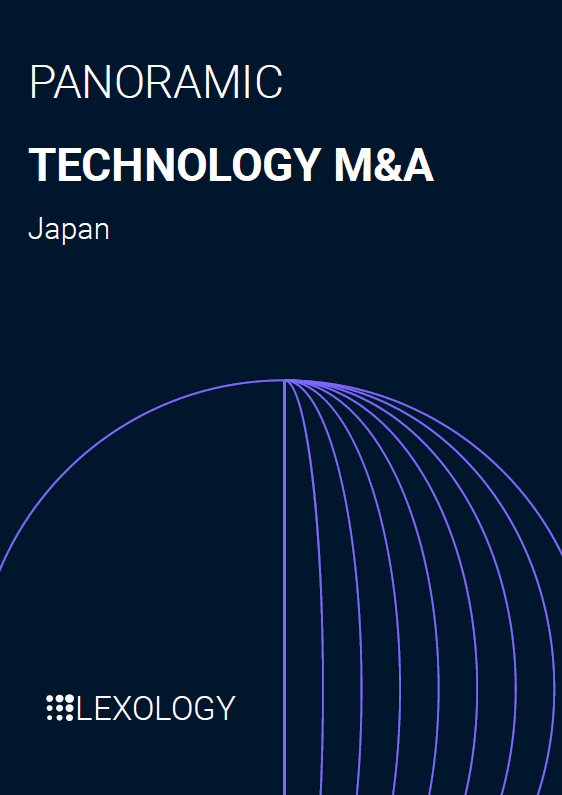

(November 2024)
Keiji Tonomura, Masaki Mizukoshi, Uchu Takehara, Hitomi Kono (Co-author)


(October 2024)
Yasushi Kudo, Tsubasa Watanabe, Hayato Maruta (Co-author)


(August 2025)
Keiji Tonomura, Yoshiteru Matsuzaki (Co-author)


(April 2025)
Keiji Tonomura, Akira Komatsu (Co-author)


Poonyisa Sornchangwat, Kwanchanok Jantakram (Co-author)


Kenji Tosaki, Takahiro Hatori, Nozomi Kato (Co-author)


Nopparak Yangiam, Parot Promkam (Co-author)


Yothin Intaraprasong, Yosuke Konno (Co-author)


(April 2025)
Keiji Tonomura, Akira Komatsu (Co-author)


(April 2025)
Shiro Kato, Chihiro Shimaoka (Co-author)


Nopparak Yangiam, Parot Promkam (Co-author)


(April 2025)
Shiro Kato, Chihiro Shimaoka (Co-author)
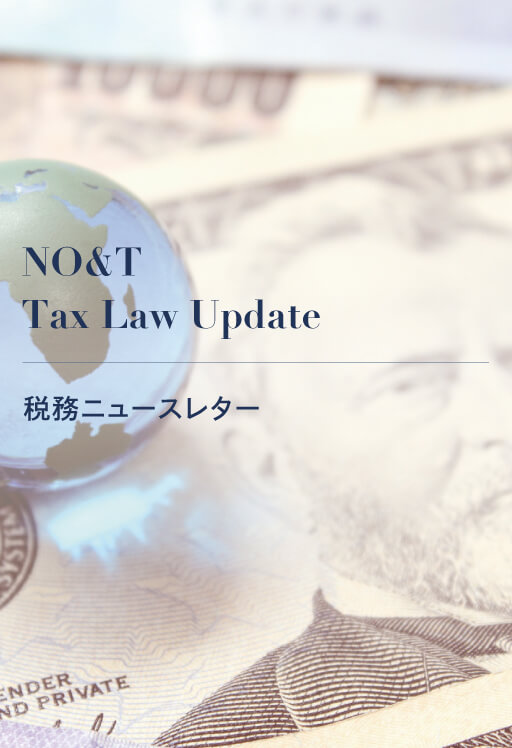

Tsutomu Endo
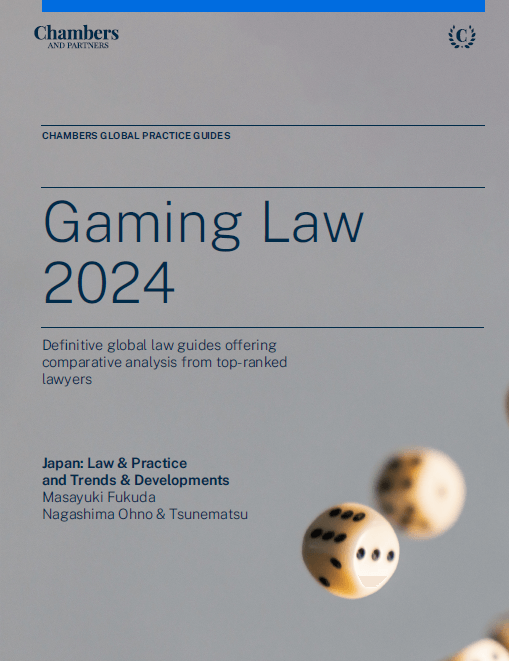

(November 2024)
Masayuki Fukuda